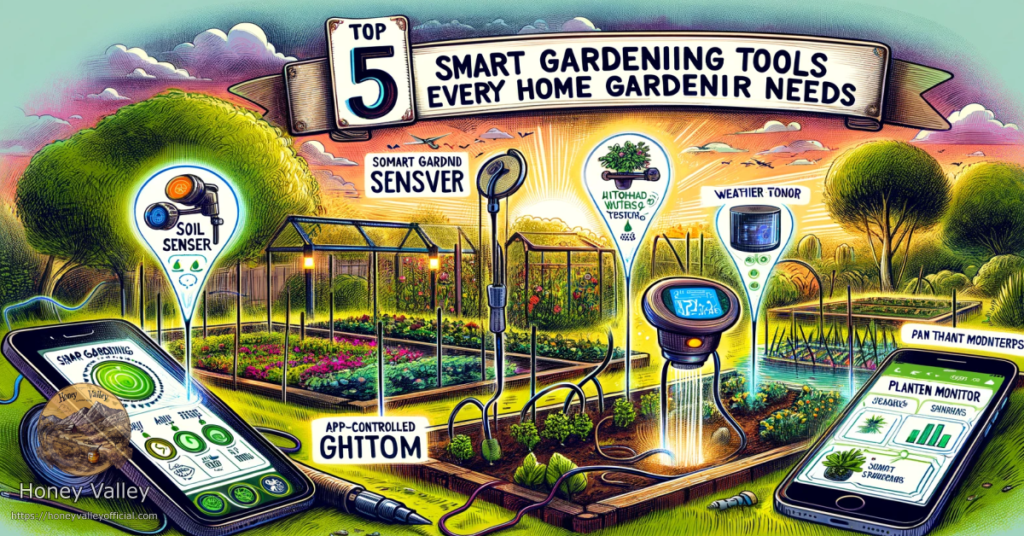When it comes to cultivating a thriving garden or farm, one of the most crucial factors to consider is soil fertility. Healthy and fertile soil provides the necessary nutrients and conditions for plants to grow and flourish. While there are synthetic fertilizers available in the market, many people are now opting for a more natural and organic approach to enhance soil fertility. In this article, we will explore some effective methods to naturally increase soil fertility and promote sustainable agriculture.
1. Composting
Composting is a tried and tested method to improve soil fertility naturally. It involves the decomposition of organic waste materials, such as kitchen scraps, yard trimmings, and manure, into nutrient-rich compost. Compost is an excellent source of organic matter, which helps improve soil structure, retain moisture, and enhance nutrient availability. By regularly adding compost to your soil, you can replenish essential nutrients and promote a healthy microbial community.
2. Crop Rotation
Crop rotation is a simple yet effective technique that can significantly enhance soil fertility. By alternating the types of crops grown in a particular area each season, you can prevent the depletion of specific nutrients and reduce the risk of pest and disease buildup. Different plants have varying nutrient requirements, and by rotating crops, you allow the soil to replenish itself naturally. Additionally, certain plants, such as legumes, have the ability to fix nitrogen in the soil, further enriching its fertility.
3. Cover Cropping
Cover cropping involves planting specific crops, often referred to as cover crops or green manure, during periods when the main crop is not growing. These cover crops help protect the soil from erosion, suppress weed growth, and improve soil structure. They also add organic matter to the soil when they are eventually incorporated or mulched. Legumes, such as clover or vetch, can also be used as cover crops to fix nitrogen in the soil, enhancing its fertility.
4. Mulching
Mulching is another natural technique to improve soil fertility and overall plant health. By applying a layer of organic mulch, such as straw, wood chips, or leaves, to the soil surface, you can help retain moisture, regulate soil temperature, suppress weed growth, and add organic matter as it breaks down. Mulch also acts as a protective barrier, preventing soil erosion and nutrient leaching, while creating a favorable environment for beneficial soil organisms.
5. Vermicomposting
Vermicomposting, or worm composting, is a specialized form of composting that utilizes earthworms to break down organic waste materials. The resulting vermicompost is a nutrient-rich fertilizer that can be added to the soil to improve its fertility. Vermicomposting not only helps recycle kitchen scraps and other organic waste but also enhances soil structure and microbial activity. The earthworms’ castings, or worm manure, are packed with beneficial microorganisms and nutrients that promote healthy plant growth.
6. Organic Amendments
Using organic amendments, such as bone meal, blood meal, and fish emulsion, is another way to naturally boost soil fertility. These amendments are derived from natural sources and provide essential nutrients, such as nitrogen, phosphorus, and potassium, to the soil. They can be incorporated into the soil before planting or applied as a side dressing during the growing season. Organic amendments not only enrich the soil but also improve its texture and structure, creating an optimal environment for plant roots.
7. Avoiding Chemical Inputs
In the quest for natural soil fertility, it is essential to avoid or minimize the use of chemical inputs, such as synthetic fertilizers and pesticides. While these products may provide quick results, they can harm beneficial soil organisms and disrupt the natural balance of the ecosystem. By adopting organic and sustainable practices, you can create a healthier and more resilient soil ecosystem, ensuring long-term fertility and environmental sustainability.
In conclusion, increasing soil fertility naturally is not only beneficial for plant growth but also promotes sustainable agriculture. By incorporating practices such as composting, crop rotation, cover cropping, mulching, vermicomposting, and organic amendments, you can enhance the nutrient content, structure, and microbial activity of your soil. Remember to avoid chemical inputs and embrace organic and sustainable methods to create a thriving and environmentally friendly garden or farm.


